Are friendships optional? Are they necessary to live the good life? Is there a universal need to give and receive affection? Where do our feelings about friendships come from? Why do we treat our friends the way we do? Are friendships more “disposable” than they used to be? How do friendships come to be? How much is it by choice? How much is it by chance? Does it require willful action? What are friends for? What are the motives for making and keeping friends? How can we know if a friendship is “true”? What do we expect from friendship? How do expectations differ? Are friendships meant to last forever? What are the ethics of ending a friendship? Is friendship an investment? Is it ethical to end a friendship with unequal investment, “an unbalanced account”? Is it ethical to just fade away? Must we know and must we give a reason for ending a friendship? How do we reconcile the need to grow and to be free with the expectations of friendship? Can we ever fail to profit from our friendship “investment” so long as we see friendship as its own reward without any further expectations?
These are some of the questions asked during Citizen Philosopher’s June podcast. For more information, check out the website.
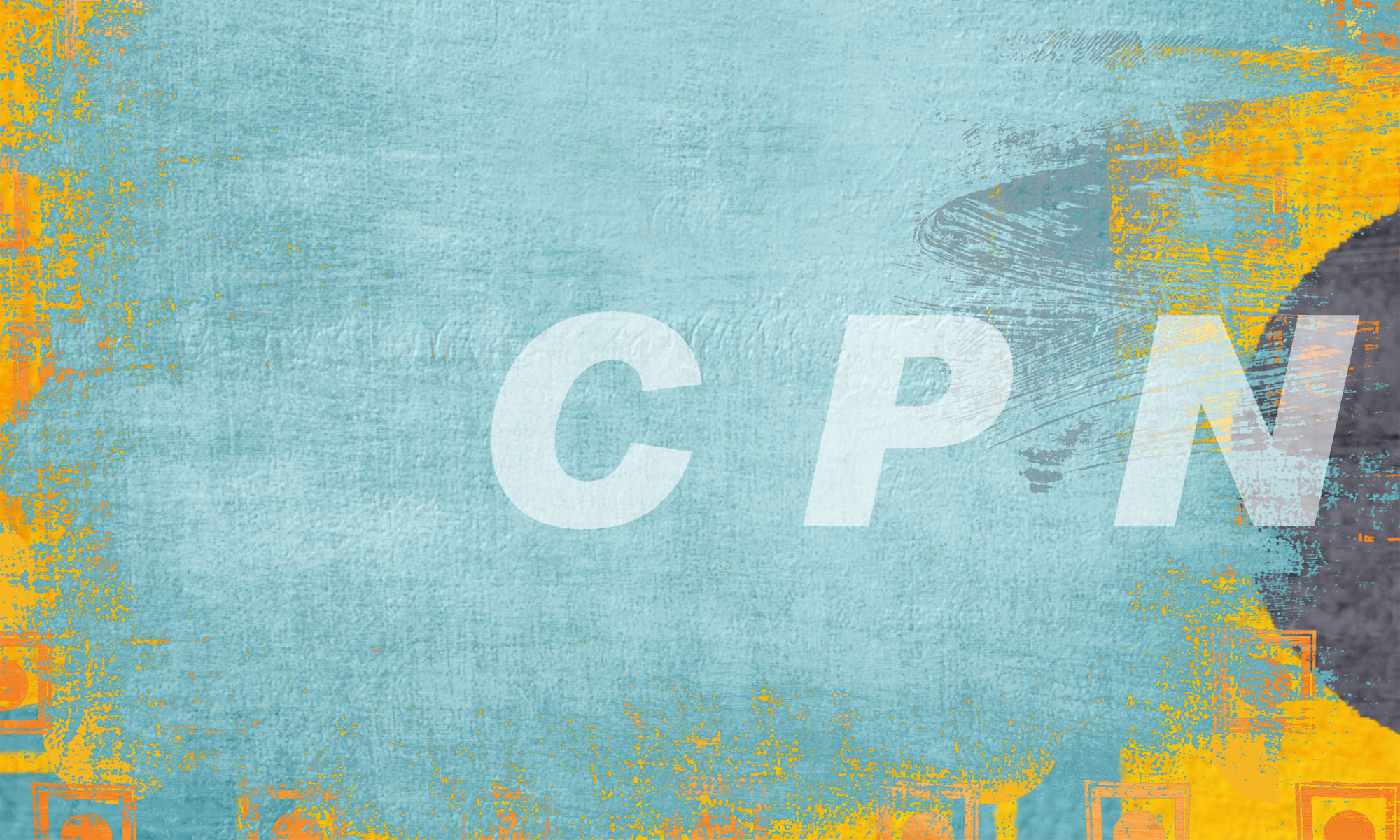
 Was Mike Myers ever funny? Of course. WIll he ever be funny again? Hmmmmm…. Ben Nuckols wonders in this installment of WNRN’s 91 Seconds on Film.
Was Mike Myers ever funny? Of course. WIll he ever be funny again? Hmmmmm…. Ben Nuckols wonders in this installment of WNRN’s 91 Seconds on Film.  In this installment of WNRN’s 91 Seconds on Film,
In this installment of WNRN’s 91 Seconds on Film, 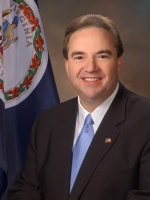 On the June 12th edition of WINA’s “Charlottesville-Right Now!” Coy Barefoot talks with Virginia Lieutenant Governor Bill Bolling (R) about the upcoming special session on transportation. Bolling summed up the prospects for the special session.
On the June 12th edition of WINA’s “Charlottesville-Right Now!” Coy Barefoot talks with Virginia Lieutenant Governor Bill Bolling (R) about the upcoming special session on transportation. Bolling summed up the prospects for the special session.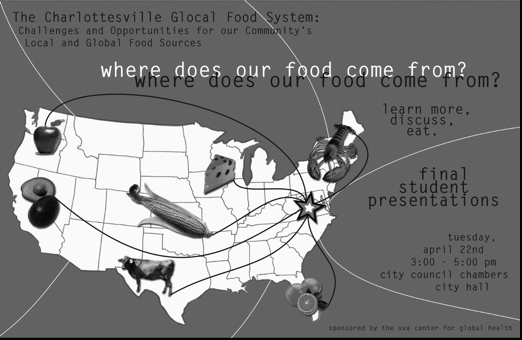 What are the true costs of buying food from around the globe? How much food can we grow close to home? Is it enough to support us and can we afford it?
What are the true costs of buying food from around the globe? How much food can we grow close to home? Is it enough to support us and can we afford it? It made $55 million in its opening weekend, but did the movie version of
It made $55 million in its opening weekend, but did the movie version of 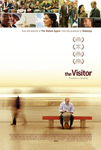 Ben Nuckols reviews
Ben Nuckols reviews 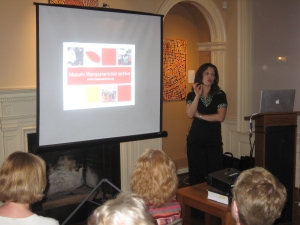 On April 25th, 2008, Kimberly Christen, Assistant Professor in Comparative Ethnic Studies at Washington State University, gave a lecture entitled A Safe Keeping Place: Shifting Museum Spaces and Embedded Aboriginal Cultural Protocols. She discussed her work in developing cultural protocols to protect sacred and sensitive information while creating a community digital archive in collaboration with the Warumungu community in Tennant Creek, Northern Territories. The archive, called Mukurtu, contains thousands of photographs, recordings and other historical documents from this community in central Australia. Much of the material was supplied by missionaries, museums and even local cattle stations. A demonstration of the Mukurta archive can be seen online at
On April 25th, 2008, Kimberly Christen, Assistant Professor in Comparative Ethnic Studies at Washington State University, gave a lecture entitled A Safe Keeping Place: Shifting Museum Spaces and Embedded Aboriginal Cultural Protocols. She discussed her work in developing cultural protocols to protect sacred and sensitive information while creating a community digital archive in collaboration with the Warumungu community in Tennant Creek, Northern Territories. The archive, called Mukurtu, contains thousands of photographs, recordings and other historical documents from this community in central Australia. Much of the material was supplied by missionaries, museums and even local cattle stations. A demonstration of the Mukurta archive can be seen online at